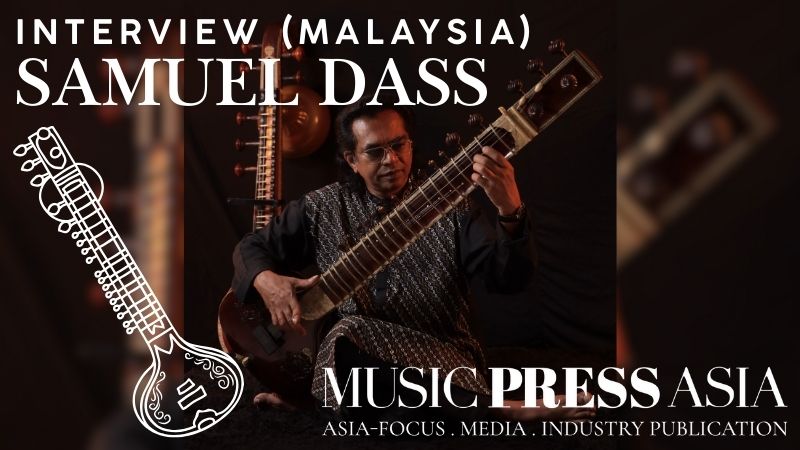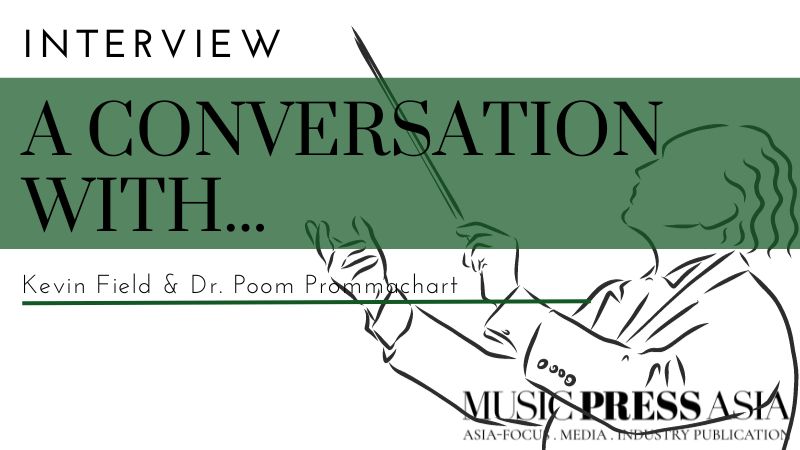Will TWITCH Replace YouTube For Showcasing Original Music?
How important is music in gaming? We speak to Kevin Lin, co-founder of TWITCH to find out his favourite music in games, what’s it like to work with game producers, growing up in New Orleans, and more.
How important is music in gaming? We speak to Kevin Lin, co-founder of TWITCH to find out his favourite music in games, what’s it like to work with game producers, growing up in New Orleans, and more.

Music Press Asia interviews Kevin Lin co-founder of TWITCH at ATM Singapore.
Throwback to our latest series of interviews produced in collaboration with All That Matters, Singapore.
Music used in games, defined altogether as a genre in itself, is in a league of its own when it comes to popularity. It knows no boundaries of the typical genre we typically know or identify with today but encompasses a wide array from classical soundtracks to electronic music.
Music Press Asia’s head of editorial, Monica Tong briefly caught up with Kevin Lin to chat about the expansion happening at TWITCH, some of his favourite music in games spotting Legend of Zelda, music influences growing up in New Orleans, and online streaming and gaming trends for 2019.
In August 2014, the original Justin.tv site suddenly ceased operations, citing a need to focus resources entirely on Twitch. It immediately introduced a multi-platform access – an updated archive system – to introduce highlights from past broadcasts by a channel, higher quality video, increased server backups.
This platform came with a new Video Manager interface for managing past broadcasts and compiling “highlights” from broadcasts that can also be exported to YouTube. Due to technological limitations and resource requirements, the new system contained several regressions which means compiled highlights can be archived indefinitely, and limited to two hours in length.
While live broadcasts are not subject to acoustic fingerprinting using software provided by Audible Magic, all on-demand videos were eligible to this filter — this meant that if copyrighted music (particularly, songs played by users from outside of the game they are playing) is detected, the 30-minute portion of the video which contains the music will be muted.
Along with the lack of communications, the audio filtering system proved to be contentious when users criticized its irrelevance; the system flagged music played within games themselves – a concern that affect the service’s ability to present excerpts from games that include large amounts of licensed music.
As quickly as it has been implemented, the 2-hour length limit on highlights was again removed, and an appeals process was added for flagged audio contained within on-demand recordings. In the beginning of 2015, to further rectify these issues, Twitch introduced a royalty-free music library featuring tracks from various independent labels cleared for use in streams.
As of May 2018, it had 2.2 million broadcasters monthly and 15 million daily active users, with around a million average concurrent users. Additionally, it had oveer 27,000 Twitch partner channels (May 2018).












